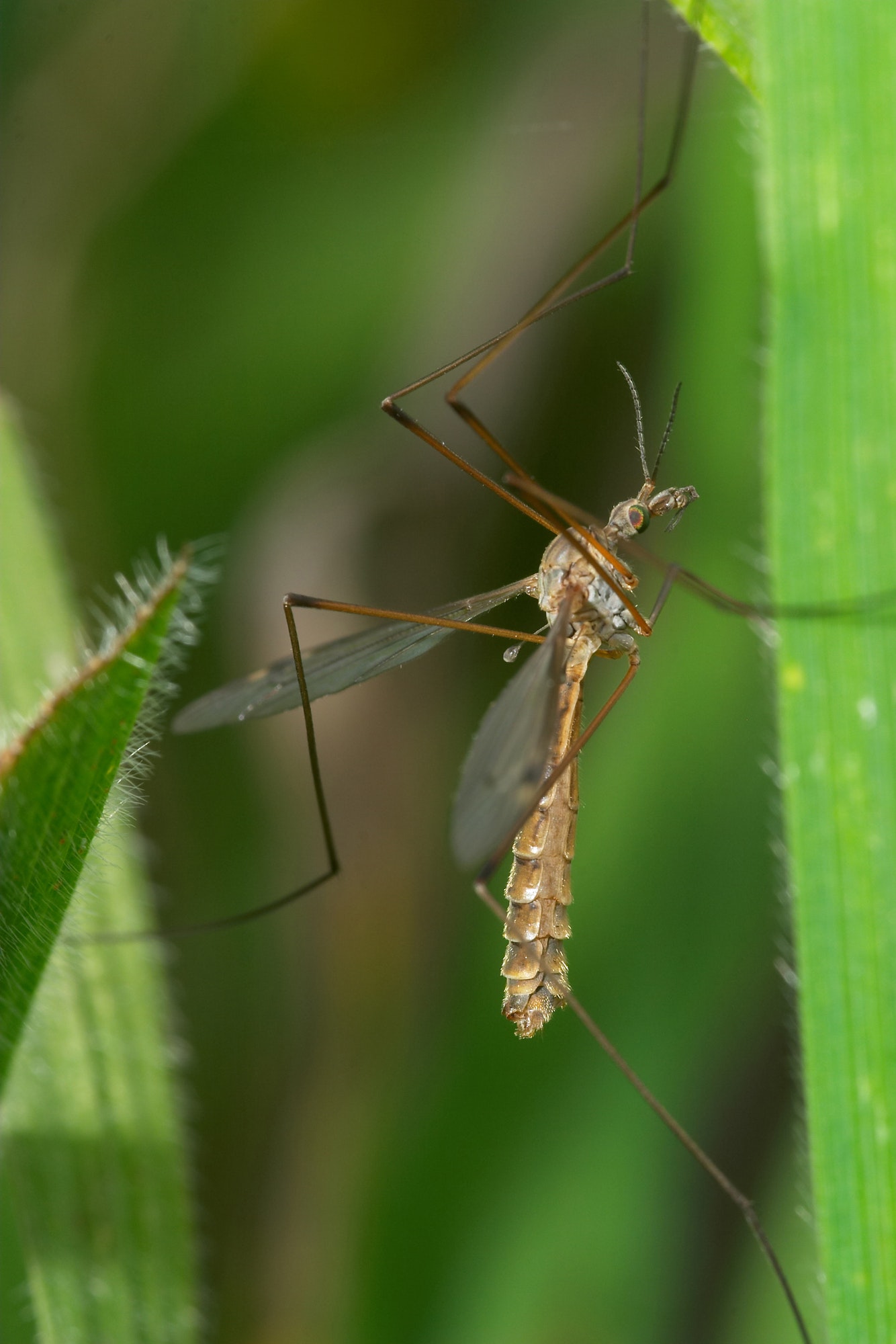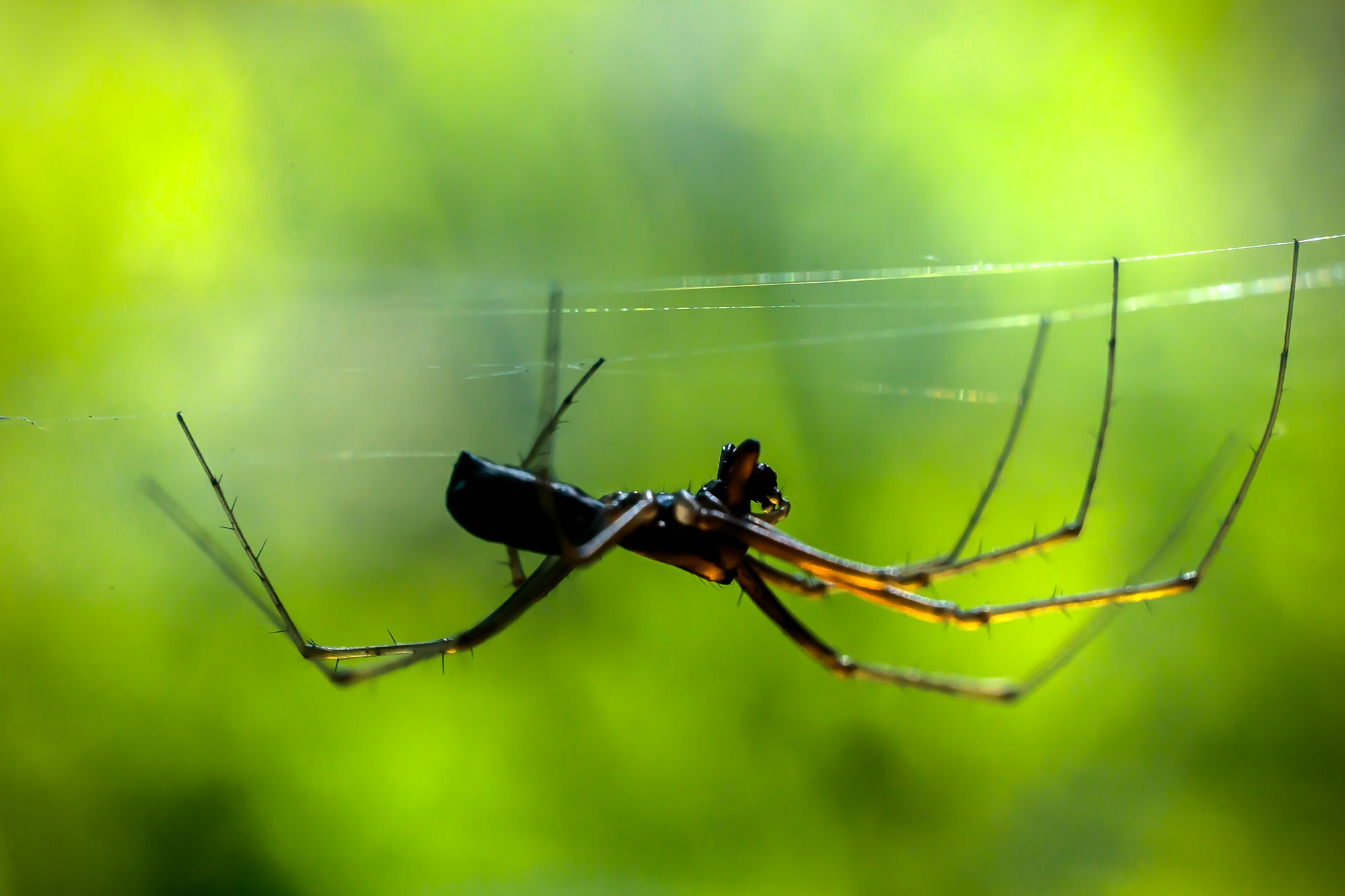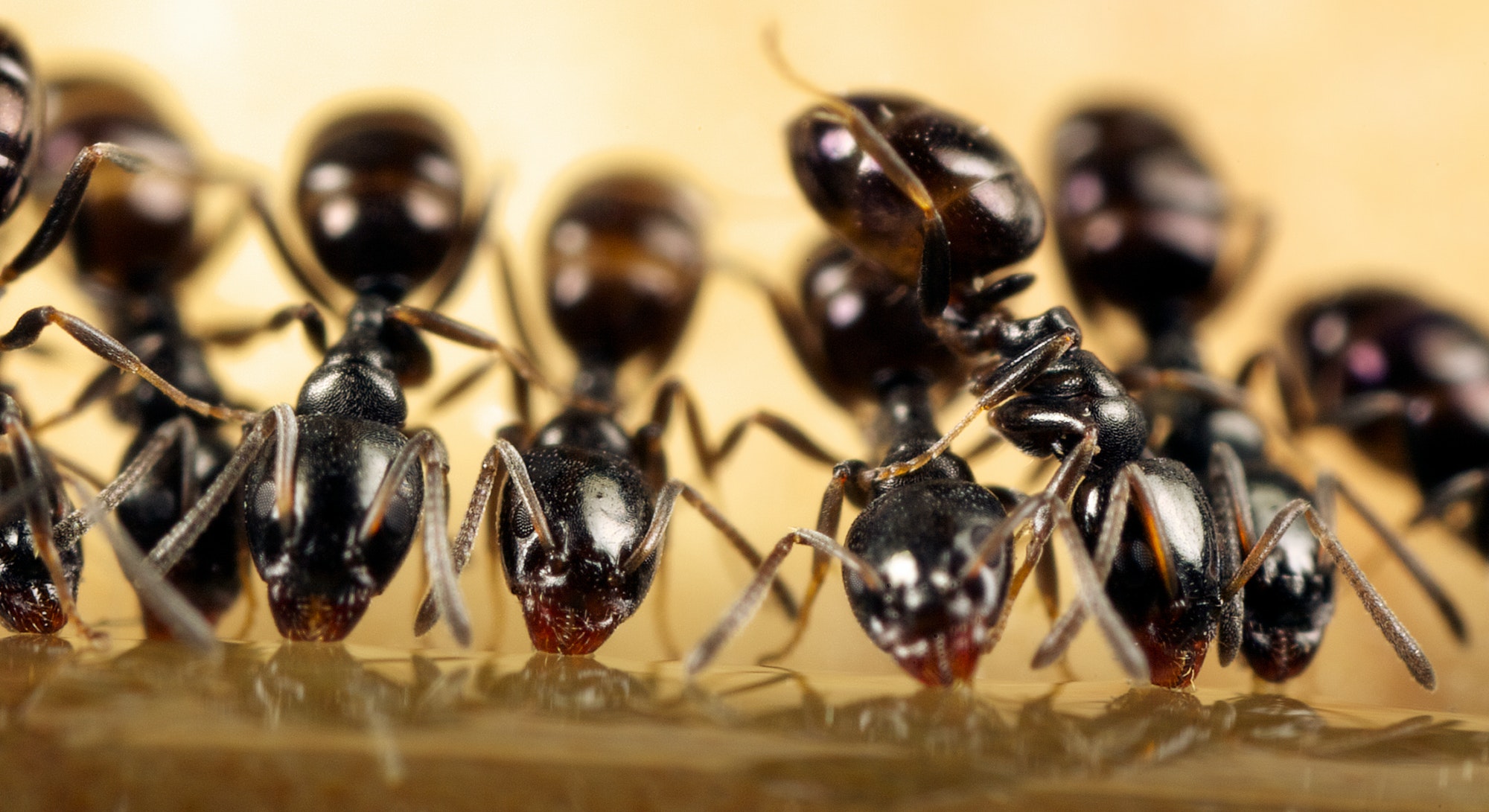Are Daddy Long Leg Spiders Poisonous?
Although daddy long leg spiders are the most venomous spider in the world, they are harmless to humans; or are they? The daddy long legged spider also scientifically referred to as the Pholcidae is one of the most common spiders that the United States sees.
These spiders are thin and ” resemble a peanut” according to Wikipedia and have like their name suggests, very long legs. Unlike other spiders the webs that daddy long legs create does not do an effective job of trapping its’ prey due to the lack of stickiness in its’ webbing material that other spiders may have( Wikipedia). According to Live Science daddy long legs ” are venomous predators, and although they never naturally bite people, their fangs are similar in structure to those of brown recluse spiders, and therefore can theoretically penetrate skin.”
But as discussed later on in this article by Live Science daddy long legs typically do not bite- but they still have the same capabilities if they needed to. Not only are daddy long legs able to penetrate skin but as conducted in a safe environment on the show ” Mythbusters” but as I watched in the recap of the episode on daddy long legs- the venom is not as deadly as its counterpart the black widow.
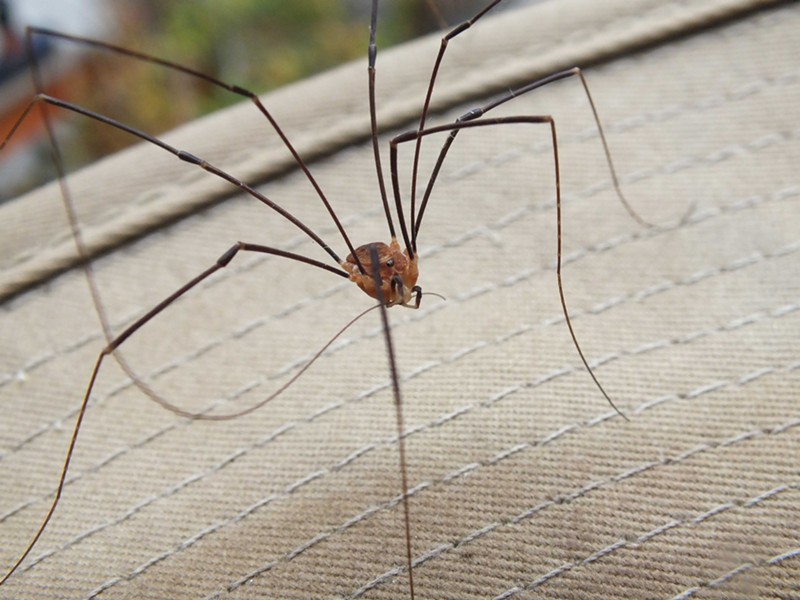
Another experiment conducted on Discovery’s: Mythbusters was two lab mice in the same setting with black widow venom for one mouse and daddy long legs for the other , given the same amount of spider venom the hosts Adam and Jamie tested this theory.
And the response was ” with the black widow we had a much stronger reaction… and clearly the black widow venom was much more potent.”, said Chuck Christensen the arachnologist that the Mythbusters team had hired. And for a final test one of the hosts, Adam Savage stuck his arm within an enclosure of daddy long legs and waited for one to bite and when it did Savage referred to a burning sensation.
The myth that people have created about Daddy long legs is actually very wrong. For starters there is evidence in Mythbusters and Live Science that although Pholcidae’s do not typically bite people it doesn’t mean that they are unable to preform this action. In addition to being able to pierce through skin, they are also not the most venomous spider, as black widows have a higher impact on lab mice ( since humans are too dangerous to test on) than it’s counterpart the black widow.
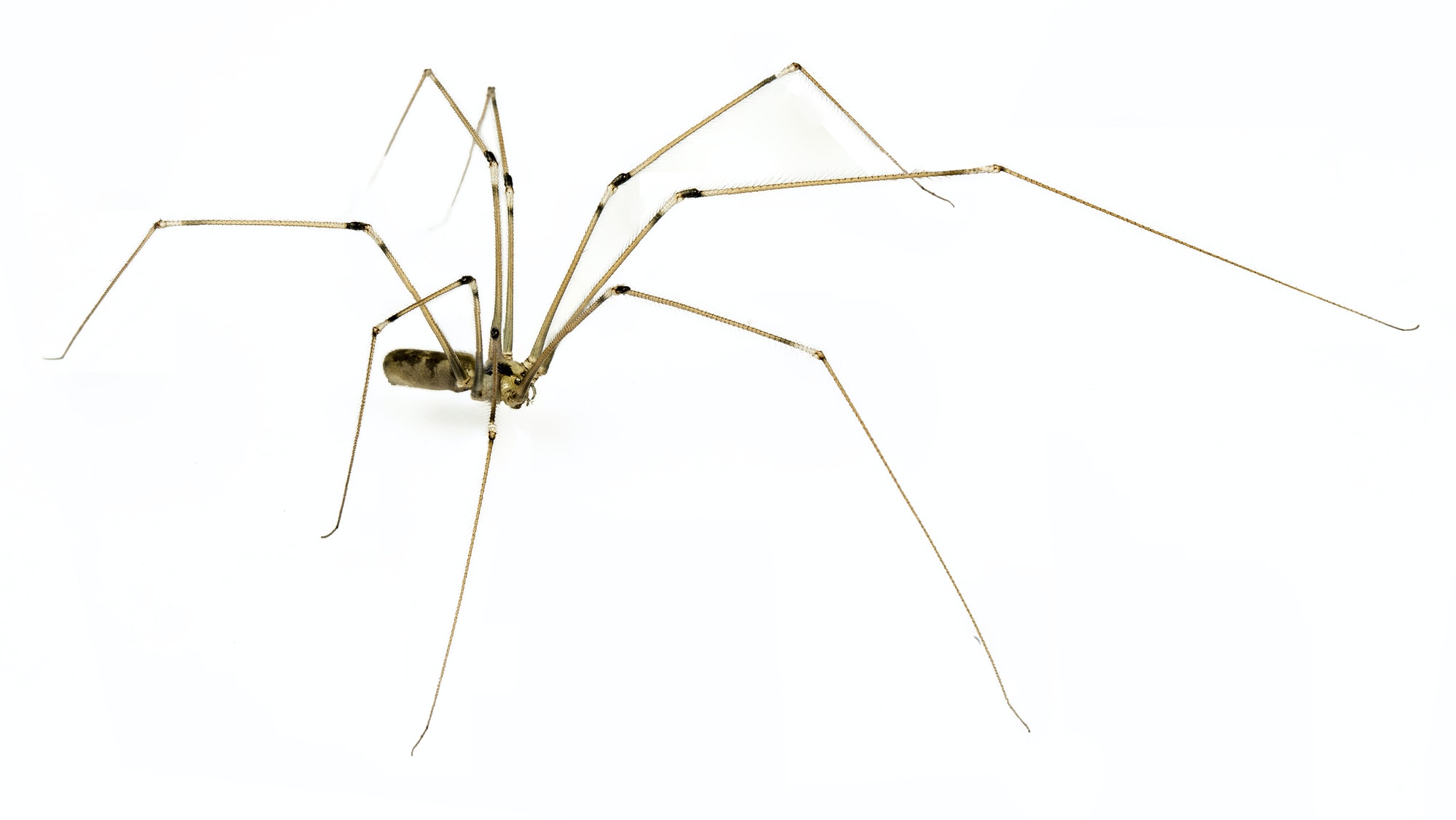
In another article discussing the lethality of daddy long legs, ” They do not have venom glands, fangs or any other mechanism for chemically subduing their food. Therefore, they do not have poison and, by the powers of logic, cannot be poisonous from venom. Some have defensive secretions that might be poisonous to small animals if ingested.” ( UC Riverside)
In this article daddy long legs are observed in a sense that these Pholcidaes do not have the means to ” chemically subdue” their food but venom/ poison is not the main set of defense for these spiders but rather “vibrate” and make it harder for pray to catch them as discussed in detail on the Wikipedia page. But this idea that daddy long legs are the most dangerous, venomous is perhaps just a folktale that has been continuously shared but is not at all true. Regardless if bit by any spider seeking medical attention may be necessary. But in this case and for the purpose of research, daddy long legs are not poisonous to humans.
Author: Isabelle Ellertson
University of Colorado Denver
Resources
- https://arrowexterminatorsok.com/are-daddy-long-legs-the-most-venomous-spider-in-the-world
- https://blog.nature.org/science/2016/10/26/daddy-longlegs-wont-kill-you-venomous-spider-cool-arachnids
- https://en.wikipedia.org/wiki/Pholcidae
- https://www.livescience.com/33625-daddy-longlegs-spiders-poisonous.html
- https://go.discovery.com/tv-shows/mythbusters/videos/daddy-longlegs-minimyth
- https://spiders.ucr.edu/daddy-long-legs#:~:text=They%20do%20not%20have%20venom,to%20small%20animals%20if%20ingested
